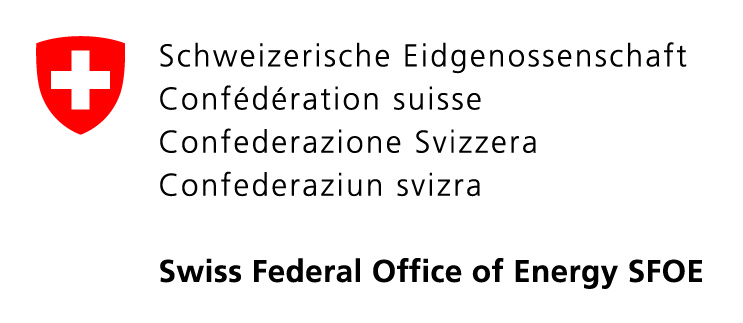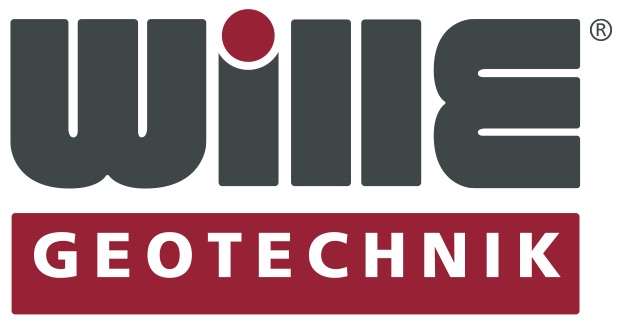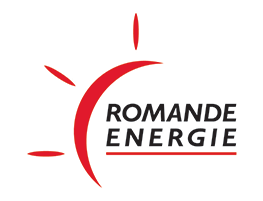Organizers: Prof. Frank Wuttke, Kiel University, and Prof. David Smeulders, Eindhoven University, and Prof. Sebastian Bauer, Kiel University
In order to mitigate climate changes, the question about how to decarbonize the energy system while maintaining energy security is becoming more and more urgent. Achieving these goals entails the growing use of renewable energy sources. However, due to the inherent intermittent nature of these resources, there is a strong mismatch between energy supply and demand, both in space and time. This requires revolutionary new concepts for geoengineering energy storage and transportation. Examples are thermochemical and adsorptive materials for heat storage, subsurface heat or ice energy storage, compressed air storage in salt caverns or porous formations, chemical energy storage using hydrogen gas, methods for high-temperature thermal heat storage in shallow depths or reverse electrodialysis (RED) for energy generation. In all of these applications the understanding of coupled themo-hydro-mechanical and chemical processes in porous media is of paramount importance for dimensioning and operating the storage systems as well as for an environmental impact assessment. This minisymposium therefore invites contributions from all types and aspects of geoenergy storage.










